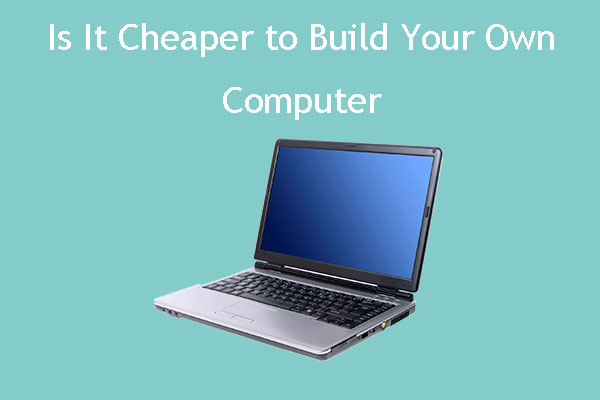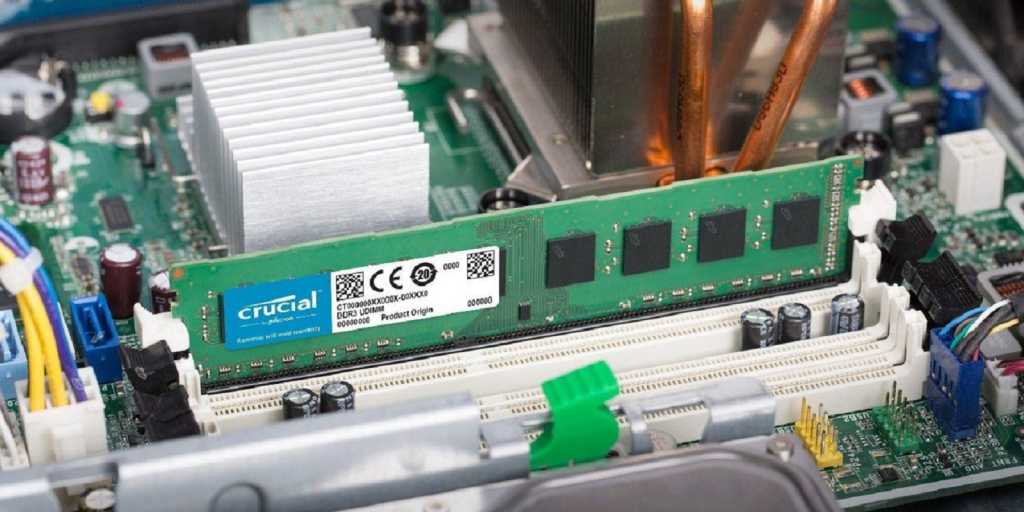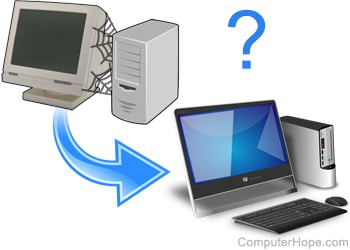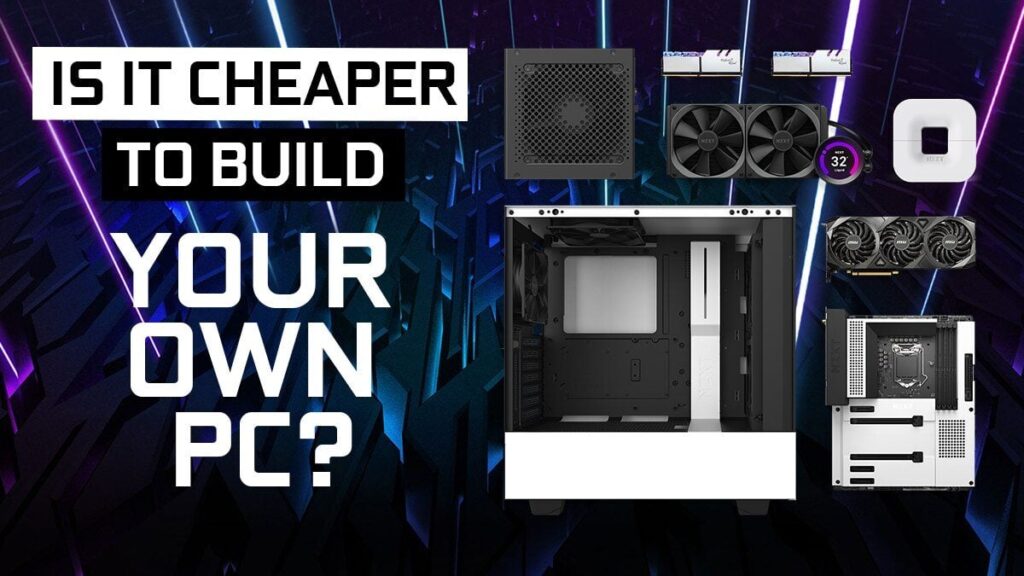So, you’re in need of a new PC, but you’re trying to weigh the options: should you upgrade your current one or take the plunge and buy a completely new one? It’s a question that many computer users find themselves pondering, and in this article, we’ll explore the pros and cons of both choices. By examining factors like cost, performance, and longevity, we’ll help you make an informed decision that fits your budget and computing needs. Whether you’re a casual user or a hardcore gamer, sit back and let us guide you through the upgrade-versus-new debate.
Factors to Consider
When deciding whether to upgrade your current PC or buy a new one, there are several factors that you should take into consideration. These factors will help you make a well-informed decision and ensure that you choose the option that best suits your needs and preferences.
Age of current PC
The first factor to consider is the age of your current PC. If your computer is relatively new and still performs well, upgrading certain components might be a more cost-effective option. On the other hand, if your PC is several years old and starting to show signs of lagging or struggling to keep up with your needs, it may be better to buy a new one.
Purpose of PC use
Another important factor is the purpose for which you use your PC. Different tasks and activities require different levels of performance and hardware specifications. If you primarily use your computer for basic tasks such as web browsing, word processing, and email, upgrading certain components may be sufficient. However, if you use your PC for resource-intensive activities such as gaming, video editing, or graphic design, you may need to consider buying a new PC with higher performance capabilities.
Budget
Your budget will also play a significant role in your decision-making process. Upgrading specific components of your current PC can be a more cost-effective solution, as it allows you to focus on improving only the areas that need enhancement. However, buying a new PC may provide you with better overall performance and longevity, but it can come with a higher upfront cost. Consider your financial situation and determine how much you are willing to invest in either upgrading or buying a new PC.
Desired performance
Think about your desired performance level. If you are satisfied with your current PC’s performance and only need minor improvements, upgrading might be the right choice for you. However, if you want a significant boost in performance and access to the latest technology, buying a new PC might be a better option. Assess your needs and determine how important performance is to you in order to make an informed decision.
Future-proofing
Lastly, consider whether future-proofing is essential to you. Technology advances rapidly, and what may be cutting-edge today could become outdated in a few years. If you want your PC to remain relevant for a longer period, buying a new one with the latest technology and specifications may be a better choice. On the other hand, if you are comfortable with the idea of upgrading specific components periodically to keep up with advancements, upgrading your current PC can be a viable option.
Upgrading Your PC
If you have decided that upgrading your PC is the best option for you, there are several steps and considerations to keep in mind throughout the process.
Assessing current hardware
Start by assessing your current PC’s hardware. Take note of the processor, amount of RAM, storage capacity, graphics card, and any other relevant components. This assessment will help you identify which areas are in need of improvement and prioritize your upgrade needs.
Identifying upgrade needs
Based on your assessment, determine which components need to be upgraded. Is it the processor that needs a boost for better performance, or perhaps you require additional RAM to handle more demanding tasks? Identify the specific areas where your PC falls short and prioritize them based on their impact on your overall performance.
Cost of upgrades
Consider the cost of the upgrades you need. Research and compare prices for the components you require, taking into account any additional expenses such as installation or additional software licenses. Be sure to factor in the cost of the upgrades against the potential improvement they will bring to your PC’s performance.
Compatibility issues
Compatibility is a crucial factor when upgrading your PC. Ensure that the components you plan to upgrade are compatible with your current system. Check compatibility requirements such as socket types, power supply requirements, and supported operating systems. Incompatibility can lead to wasted time and money, so thorough research is essential.
DIY vs professional upgrade
Decide whether you want to perform the upgrades yourself or hire a professional. DIY upgrades can be more cost-effective, as you avoid service fees, but they require technical knowledge and the right tools. Professional upgrades can save you time and provide expertise, but they come at an additional cost. Assess your skills and resources to determine the best course of action for your situation.

This image is property of www.partitionwizard.com.
Benefits of Upgrading
Upgrading your PC offers several benefits that may sway your decision in favor of improving your current system rather than purchasing a new one.
Cost-effectiveness
One of the main advantages of upgrading is its cost-effectiveness. By focusing on specific components that need improvement rather than replacing the entire PC, you can save money. Upgrading allows you to allocate your budget towards areas that truly require enhancement, optimizing your spending and getting the most out of your investment.
Familiarity with current system
Upgrading your PC allows you to maintain familiarity with your current system. You are already acquainted with your operating system, software, and settings. By upgrading, you can keep your customized preferences and workflows intact, avoiding the time and effort required to adapt to a new system.
Preserving data and software
When you upgrade your PC, you don’t have to worry about transferring your data and reinstalling all your software. Your files, applications, and settings remain intact, ensuring a seamless transition. This convenience can save you valuable time and eliminate the risk of losing important data during the migration process.
Environmental sustainability
By upgrading your PC instead of buying a new one, you contribute to environmental sustainability. The manufacturing and disposal of electronic devices have a significant impact on the environment. By prolonging the lifespan of your current PC through upgrades, you reduce electronic waste and help conserve valuable resources.
Drawbacks of Upgrading
While there are advantages to upgrading your PC, it’s important to consider the potential drawbacks as well.
Limited improvement potential
Upgrading specific components may have limitations in terms of the overall improvement they can offer. If your PC is outdated or lacks certain key features, upgrading individual parts may not provide the desired level of performance enhancement. In such cases, buying a new PC with the latest technology and specifications may be a better choice.
Compatibility constraints
Compatibility can sometimes be a challenge when upgrading your PC. Some components may not be compatible with your current system, requiring additional upgrades or modifications. Ensuring compatibility can be time-consuming and may delay the upgrade process. In some cases, certain components may not even be compatible with older PC models, further limiting your upgrade options.
Difficulty finding parts
Finding specific parts for older PC models can be challenging. As technology advances, manufacturers tend to focus on producing components for newer models, making it harder to find compatible upgrades for older systems. This limited availability can result in higher prices or, in some cases, the inability to find the desired components at all.
Time and effort
Upgrading a PC can require time and effort, especially if you choose to perform the upgrades yourself. Researching, purchasing components, and performing the installations can be time-consuming. Additionally, troubleshooting any compatibility or performance issues that may arise can also be time-consuming. Consider whether you have the resources and are willing to invest the necessary time and effort into upgrading your PC.

This image is property of www.pcworld.com.
Buying a New PC
If you have determined that upgrading your current PC is not the best option for you, buying a new PC is an alternative worth considering. Here are some factors to keep in mind when making this decision.
Budget considerations
Before buying a new PC, assess your budget and determine how much you are willing to spend. It’s important to have a clear idea of your financial limit to ensure that you choose a PC within your means. Consider whether you want to invest in a high-end system or if a more budget-friendly option will suffice for your needs.
Researching current market options
Take the time to research the current market options for PCs. Explore different brands, models, and configurations to find the one that offers the best performance and features within your budget. Reading reviews and comparing specifications can provide valuable insights to help you narrow down your options.
Specs and performance comparisons
Consider the specifications and performance capabilities of the PCs you are interested in. Look for CPU and GPU benchmarks, RAM capacity, storage options, and other relevant features. Compare these specifications with your usage requirements and desired performance level to ensure that the PC you choose meets your needs.
Operating system and software compatibility
Check the operating system and software compatibility of the PCs you are considering. Ensure that the software and applications you frequently use are compatible with the PC’s operating system. Compatibility issues can hinder your productivity and lead to additional costs if you need to purchase new software licenses.
Warranty and customer support
When buying a new PC, consider the warranty and customer support provided by the manufacturer. A longer warranty period and reliable customer support can give you peace of mind in case any issues arise with your new PC. Research each manufacturer’s reputation for customer service and assess their warranty policies.
Advantages of Buying a New PC
Buying a new PC offers several advantages that may make it the preferable choice for some individuals.
Latest technology and performance
By purchasing a new PC, you gain access to the latest technology and performance capabilities. Newer models often come equipped with faster processors, more RAM, improved graphics cards, and other advancements that can significantly enhance your computing experience. If having cutting-edge technology is important to you, buying a new PC is the way to go.
Guaranteed compatibility and support
When you buy a new PC, the hardware and software components are specifically designed to work together seamlessly. This guarantees compatibility and ensures optimal performance. Additionally, manufacturers provide support for their products, offering assistance in case of technical issues or questions. This peace of mind can be valuable, especially for those who are not tech-savvy.
Customizable options
Buying a new PC allows you to customize it to suit your specific needs. You can select the specifications, storage capacity, and other features that align with your requirements. This level of customization ensures that you get a PC that meets your needs and preferences from the start.
Convenience and time-saving
Purchasing a new PC provides convenience and saves you time. You don’t have to research and purchase individual components or deal with compatibility issues. Once you have chosen the PC that fits your needs, you can have it delivered and set up within a short period. This convenience is particularly beneficial for those who value their time or prefer a hassle-free experience.

This image is property of www.computerhope.com.
Disadvantages of Buying a New PC
While buying a new PC has its advantages, there are also potential drawbacks that should be considered.
Higher initial investment
One of the main disadvantages of buying a new PC is the higher upfront cost. Compared to upgrading specific components, buying a new PC can be a more significant investment. This may be a deterrent for individuals with budget constraints or those who are not looking to spend a large sum of money at once.
Data migration and software reinstallation
When buying a new PC, you will need to migrate your data from your old system and reinstall all your software and applications. This process can be time-consuming and may require technical expertise. Additionally, there is a risk of data loss or software compatibility issues during the transition. Consider the effort and potential challenges involved in data migration and software reinstallation.
Learning curve with new system
When you switch to a new PC, there is a learning curve associated with adapting to a new operating system, software, and interface. This learning curve can impact productivity and efficiency, especially if you were familiar and comfortable with your old system. Factor in the time and effort required to learn and adapt to a new system when considering buying a new PC.
Environmental impact
Electronic waste is a significant environmental issue, and buying a new PC contributes to it. The production, packaging, and disposal of electronic devices have negative ecological impacts. If environmental sustainability is a priority for you, upgrading your current PC is a more eco-friendly choice as it extends the lifespan of your existing equipment.
Conclusion
In conclusion, the decision of whether to upgrade your PC or buy a new one depends on various factors. Consider the age of your current PC, the purpose for which you use it, your budget, desired performance level, and the importance of future-proofing. Upgrading your PC can be cost-effective, help you maintain familiarity, preserve data, and reduce environmental impact. However, it may have limitations, compatibility constraints, and require time and effort. Buying a new PC offers the latest technology, guaranteed compatibility and support, customization options, convenience, and saves time. However, it involves a higher initial investment, data migration and software reinstallation, a learning curve, and contributes to environmental impact. Consider all these factors carefully, weigh the advantages and disadvantages, and make a decision that aligns with your needs, preferences, and financial situation.

This image is property of www.cgdirector.com.
